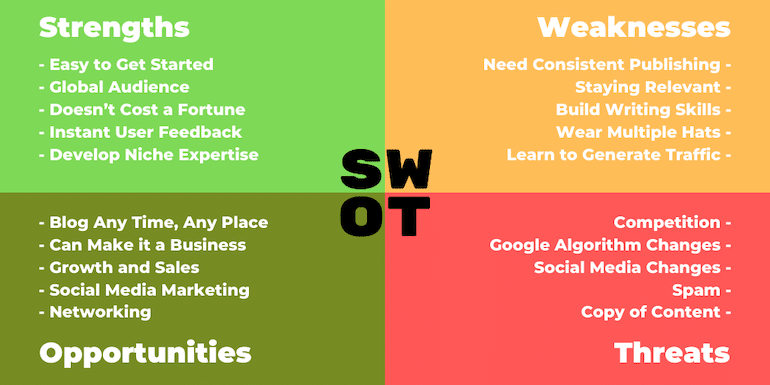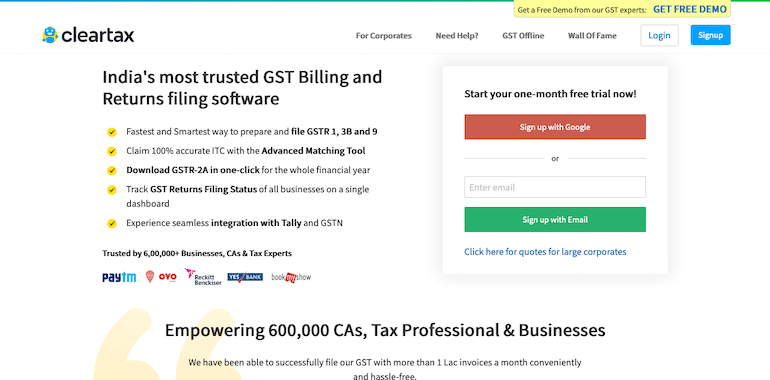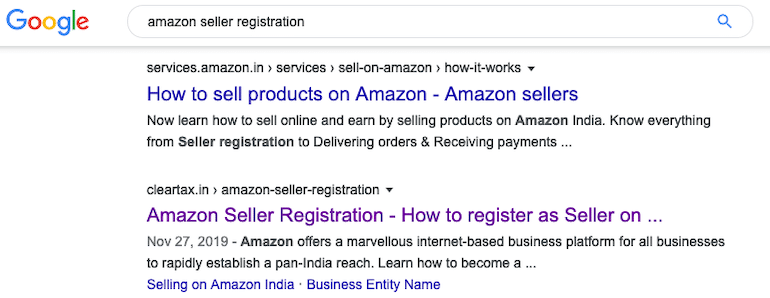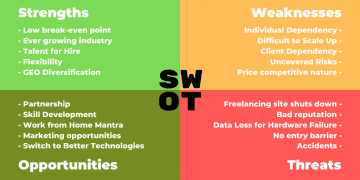SWOT Analysis of Blogging to Identify strengths and opportunities of blogging along with weaknesses and threats for a blogger

Blogging is easy and fun. At least that is what we read everywhere online following any bloggers. So but let us do the SWOT Analysis of blogging.
For those who are not sure about SWOT analysis, let me explain the term in brief.
What is SWOT Analysis?
SWOT Analysis is an acronym of Strengths, Weaknesses, Opportunities, and Threats. So SWOT Analysis means we analyze the strengths, weaknesses, opportunities, and threats when starting a blog. It helps analyze what the positives and negative aspects of blogging are. Positives are strengths and opportunities. Negatives are weaknesses and threats.
SWOT Analysis for blogging can help analyze the dynamics of a niche as well as help bloggers understand the growth potential.
So now, without much ado, let us do the SWOT analysis of blogging.
SWOT Analysis of Blogging
Going by the definition, we will analyze the Strengths, Weaknesses, Opportunities, and Threats. So let’s begin.
Strengths
1. Easy to Get Started
Anyone can start blogging from any part of the world in a matter of minutes. Here is my guide to starting a blog, and one can even do that in under an hour.
Then one only needs a good Internet connection to blog. One doesn’t need a degree, but knowledge on the topic and willingness to learn is a must to start as a blogger.
2. Global Audience
Since a blog is on the Internet, it has the potential to reach across the globe. You are not restricted to any region or place. The blog reader can be sitting on any part of the world, and still, they can be your potential blog reader and maybe a customer in the future.
Moreover, blog reach can surpass other traditional communication channels like radio or even television, newspaper, or magazine.
3. Doesn’t Cost a Fortune to Get Started
The cost of blogging is as low as Rs. 15 per day or 15 Cents in USD terms. Moreover, the blog doesn’t need a considerable investment to write either. For an individual blog, the blogger himself can start writing consistently. With an hour or two per day dedicated to writing can do wonders for the blog.
Moreover, in a short period, a blog can generate revenue to sustain itself even with the help of Adsense earnings as well. Over time, the potential to generate revenue from the blog increases many folds.
4. Instant User Feedback
In the digital era, user feedback time is almost immediate, and blogging is no different. Blog readers can post comments, suggestions, and queries to help the writer for feedback.
5. Develop Niche Expertise
As a blogger, writing continuously on a topic is bound to develop niche expertise for the blogger. With consistent blogging, one tends to research more on the topic to share more and more valuable content. Gradually it leads to better expertise on the subject.
Opportunites
Let us take up the opportunities in the SWOT analysis of blogging firs. Strengths and Opportunities are the positive aspects of SWOT analysis, and so we deal with opportunities ahead of weaknesses.
1. Blog from Anywhere, Anytime, Any topic
The best part of being a blogger and freelancer is, one is not limited to time, location, or subject. One can work from anywhere, at his or her preferred time.
With more power comes more responsibilities. The ability to work from anywhere at any time, but it also means one has to work. It is easy to get distracted, and so it is an excellent opportunity for those who wish to take advantage of blogging.
Moreover, there is one more advantage of blogging, and it is to choose of niche and then widen it. As an example, with BizTips, I was predominantly sharing about freelancing. Slowly as I worked my way into blogging, I started sharing about being a blogger. As I foray into the eCommerce arena, I shared about being a seller on Amazon. As an author of a book, I shared how to publish books on Amazon as well. There are endless opportunities to expand for a blogger.
2. Can Make it a Business
Good writing builds trust with the readers. As a blogger, when one attracts a lot of readers, there are many ways to monetize a blog.
As money starts flowing directly from the blog, it leads to a lot of opportunities, including making blogging a full-time business.
Many bloggers have made it a business using affiliate marketing, advertisement, selling digital or physical products, etc.
3. Growth and Sales
Blog can help generate drive sales and eventually help in growing your primary business as well. I don’t see Indian companies foray into growth hacking with a blog, but I do see some companies take advantage of growth hacking and drive sales.
Let me share an example of ClearTax.in – they are into taxation, and one of their services is GST Billing and Returns filing software.

And they have a blog where they share related content. Like for example, Amazon Seller Registration.

So anyone looking to register on Amazon will end up on their blog. It is highly likely the user looking to register on Amazon may not have a GST number yet. So from the blog, they can generate a lot of GST related business.
Moreover, anyone looking to sell on Amazon is likely to file GST and income tax returns as well. So with the help of a blog, they can drive a lot of potential customers on the website. Using the right sales funnel, they can convert a lot of such potential customers into life long customers.
They are using the blog as a growth engine to drive sales.
4. Social Media Interactions and Marketing
As a business willing to drive sales, if one keeps pushing product ads on social media accounts, the followers will eventually ignore them.
In contrast, the blog can help drive useful content on the website and also provide an option to interact with followers with valuable and yet relevant information.
5. Networking
The best part of blogging is, it helps connect with new blog readers. As an example, if you are reading this article and want to communicate with me, the only reason is a blog. Even if we don’t personally connect, still, we are connected in a way that I have written an article on SWOT analysis of blogging, and you are reading it.
Blogging in many ways help network and connect with people that otherwise may not have had any chances to communicate in any other way.
Weaknesses
Let us take up the shortcomings of the SWOT analysis of blogging.
1. Need Consistent Publishing
Blogging is not for anyone looking for overnight success or want to get rich quick. I have shared more often how important it is to be consistent as a blogger.
Rome was never built in a day, and one can’t make a successful blog overnight. A successful blog needs engaging content, but more importantly, as a blogger, one has to understand what type and kind of content create engagement with readers.
The only way to know is to write consistently for readers. Moreover, frequently posting (more than once a week) teaches search engines to come back and check your website more regularly, which will cause your pages to rank higher over time.
2. Staying Relevant
For a blog to run over the years an essential aspect for the blogger is to remain relevant. Relevancy for technology, changes in the niche, marketing channel updates, so on, and so forth.
As an example, the bloggers who started a decade ago, some are still doing as great as they were doing a decade ago, but not all. Some lost interest; some found it tough to cope up with the changes in the blogging industry, whereas others found interest in something else.
3. Build Writing Skills
Writing doesn’t come naturally to everyone. Moreover, in India, English isn’t the language we speak. One has to learn to write. The best way to learn to write is to be an avid reader and follow other blogs.
So one has to learn to write, but more so one has to spend time reading other bloggers and what they are writing about, how they are writing, and apply the same to one’s blog.
4. Wear Multiple Hats
As a blogger, when one is starting as a blogger, one has to be doing a lot more than just writing articles. A successful blogger has to expand eventually into social media, marketing, research, networking, etc.
Bloggers who are introverts like me, it is not very natural to network or market, but one has to work towards it eventually. Moreover, one has to learn to use WordPress, server backups, and other technical stuff.
5. Learn to Generate Traffic
Traffic is the bread and butter for any blog to be successful. As a blogger, it is vital to learn to generate traffic.
So as a blogger, just writing your content out on the Internet is not going to be enough. As a blogger, one has to learn SEO to be able to generate traffic from Google. Moreover, one has also to learn to drive traffic from social media.
With time, one has to learn various techniques to be able to generate a lot of traffic to the blog if one wants to convert blogging into a business.
Threats
Everything seems so right and pleasant about blogging, but finally, let us also deal with the threats to blogging and as a blogger.
1. Competition
One of the biggest threats to a blog is competition. It is effortless to start a blog. Moreover, it doesn’t cost much either. So it means anyone can start a blog and compete against you.
If you are not an expert in the niche, anyone with expertise can beat you in the competition. One has to remain relevant and keep up with the changes.
2. Google Algorithm Changes
For most of the blog, Google and SEO is the main source of traffic, and there are hundreds of algorithmic changes to Google search results every month.
So, it can mean the traffic from Google to your blog can take a nosedive on any given day. Moreover, there is very little a blogger can do about it.
However, there are ways to get things on the right side of algorithm changes, but changes in the Google algorithms are the next significant threat for any blog.
3. Social Media Changes
Organic social media engagement is getting lower and lower all the time. The reason is simple; there is so much content being shared on social media; the chances that your content gets viral are diminishing at a swift pace.
So, in general, the reach of your content to your audience is minimal.
Moreover, social media channels like Facebook, Twitter, or Instagram are working day in and day out to keep the unwanted content out of reach. Still, in the process, it also limits the reach of much genuine content as well that isn’t very interesting but useful.
The one example that comes to my mind right away is Memes. It works well on social media, but it also means some useful content is buried under such meme content. The reason being, memes on social media drive a lot more engagement than the one that is useful or relevant. The social media channels circulate content, which drives more user engagement than the one that is more useful.
4. Spam
The next significant threat, in my opinion, for blogging, is the amount of spam one may encounter. Spam in comments, spam in the contact forms, link spam, etc.
As an example, the human spammer story I shared on the blog here. Some spammers are willing to go the distance to spam. As a blogger, if one is not really up for fighting the spam, your blog can end up being a junkyard in no time.
5. Copy of Content
Finally, one of the biggest threats to online blogging and part of SWOT Analysis is the content curators. There are tons of tools available online that copy your content and post it as theirs online.
There is very little one can do about it as a blogger. However, Google is fighting such copy sites and penalizing them. Still, on social media, they often rule by creating attractive graphics and driving engagement and ultimately drive traffic to the copied content.
Final Thoughts
If you are planning to start a blog, I am sure this SWOT analysis will help you. The opportunities as a blogger are way too many and outweigh the threats.
Are you willing to be a blogger? Here is my guide to help you get started as a blogger.


